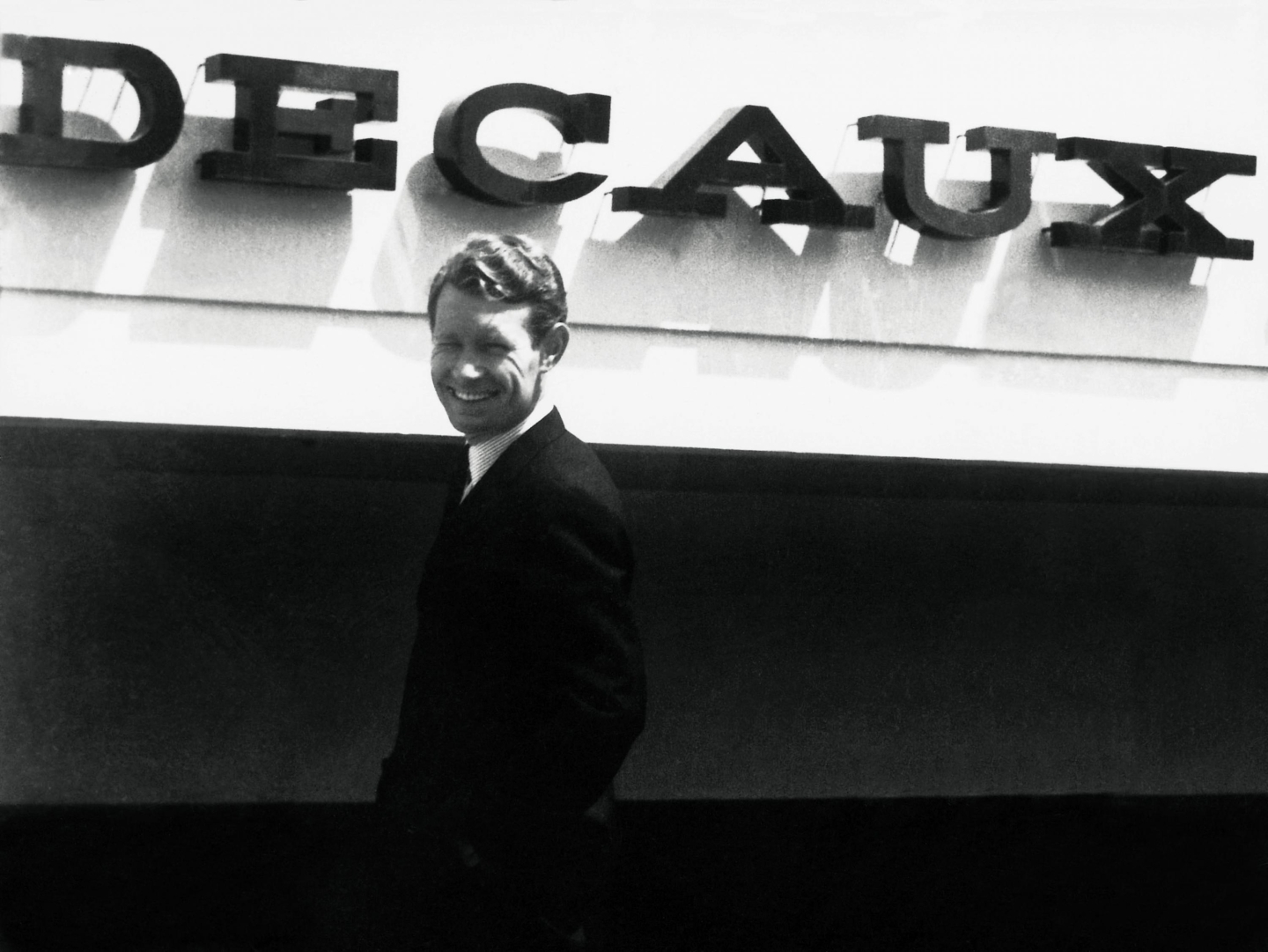JCDecaux's history is that of an ambitious vision, embodied since its creation in 1964 by its founder, Jean-Claude Decaux. He invented a new business based on service-oriented street furniture and a unique economic model financed by brand advertising. Barely two years after its creation, JCDecaux was already crossing the French borders. In 1966, the first bus shelters were installed in Brussels, marking the beginning of an international expansion. Lisbon soon followed as the group’s first non-French-speaking subsidiary.
Over the decades, Jean-Claude Decaux, together with his sons, pursued his ambition of international development. Today, JCDecaux opertes in more than 80 countries.













